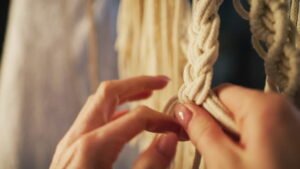
Omega-3s lubricate and hydrate nails. They keep cell membranes healthy and nails moist and resistant to external stresses to avoid dry, brittle nails. Flaxseeds, walnuts, and salmon provide omega-3 fatty acids that promote nail health.
Vitamin C increases collagen production, maintaining the cuticle and nail bed and enhancing immunity. Oranges, strawberries, bell peppers, and broccoli are Vitamin C-rich foods that strengthen nails with collagen.
Vitamin E, an antioxidant, is needed for healthy nails. It inhibits UV-induced nail tissue oxidation. Vitamin E in nuts, seeds, and leafy greens rejuvenates nails.
Selenium, a trace element found in Brazil nuts, salmon, and eggs, protects nails from oxidative damage and infection, which can affect development and strength. Due to its immune-boosting qualities, selenium protects nails from different disorders that could damage them.
Silica, a lesser-known but necessary vitamin, strengthens nails, hair, and skin by forming connective tissues. Bamboo shoots, bananas, and whole grains contain silica, strengthening nails.
Hydration keeps nails flexible and prevents brittleness. Water delivers these nutrients to nail beds, improves cellular health, and prevents dry, flaky nails. Simple but effective nail health tip: drink enough water.
A balanced diet and proper water are needed to benefit from these nutrients fully. Topical treatments and nail studio care can help, but nutritional care is the key to solid and fast-growing nails. Adding these nutrients to your daily routine may promote strong, healthy nails that look good and can handle daily living.
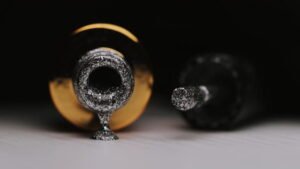
Other nail care suggestions emphasize magnesium and vitamins D and A. Almonds, spinach, and healthy grains provide magnesium, which helps maintain the nail bed by aiding protein synthesis. Vitamin D, found in sunlight and fortified foods, helps absorb calcium, essential for nail hardness and growth. Carrots, sweet potatoes, and green leafy vegetables provide vitamin A, which repairs nail tissue and prevents cracking and splitting. Combining these nutrients with a well-rounded diet enhances the effectiveness of any nail care routine, providing the best environment for nail growth and resilience.
Nourishing Your Nails: Tackling Common Problems Through Diet
Cosmetic nail abnormalities are routinely treated in nail studios. Nail troubles are often caused by nutritional deficiencies and health issues that no polish or manicure can remedy. Nails show health and nutrition. Diet can internally strengthen nails.
Brittle nails, which break easily, are prevalent. Diets lacking in healthy fats may dehydrate nails. Flaxseeds, walnuts, and salmon contain essential fatty acids that keep nails moisturized and flexible. These oils prevent cracking by strengthening skin and nail lipid barriers.
Zinc deficiency or nail bed stress can create white spots, another common nail problem. Zinc is needed for nail protein synthesis and cell division. Zinc-rich pumpkin seeds, spinach, steak, and oysters may minimize these spots.
Iron deficiency or age can cause nail ridging. Vertical cuticle-to-nail tip ridges suggest low iron consumption. Iron-rich meals like red meat, dark leafy greens, lentils, and fortified cereals can help. Oranges, kiwis, and bell peppers provide vitamin C, which boosts iron absorption and nail health.
Yellow nails can result from nail polish staining, fungal infections, or chronic bronchitis. For fungal infections, eat probiotics and less sugar. Fermented foods like yogurt and kefir boost fungus-fighting microbes. Sugar reduction deprives fungal pathogens of energy.
Biotin, or vitamin B7, is needed for hair, nails, and skin, and a lack of it causes weak ones that shred easily. Biotin-rich eggs, almonds, and whole grains strengthen nails by strengthening keratin. Before taking any supplement, consult a doctor. Biotin may aid weak nails.
Hydration and a vitamin C and folic acid-rich diet can prevent dry nail skin and hangnails. Citrus, strawberries, and bell peppers provide skin-protecting vitamin C. Dark green vegetables and legumes include folic acid, which keeps nail skin smooth and tear-resistant.
Infection-induced nail fold discomfort is expected. Anti-inflammatory omega-3s in fish oil reduce nail edema and redness. Regularly utilizing these fatty acids reduces nail fold irritation and enhances skin.
Hydration, along with food, is essential for nail and skin health. Water transports nutrients to cells, supports cell health, and moisturizes skin and nails. Thus, appropriate fluid intake can significantly affect nail look and condition.
Diet improves nail health and general wellness. Topical treatments and nail studio care can improve nails, but genuine nail health comes from the inside. By knowing and addressing the nutritional reasons for common nail disorders, one can have stronger, healthier nails that reflect inner well-being as bright as any polish.
Vitamins and minerals must be balanced to prevent and treat nail problems. Selenium, a potent antioxidant in Brazil nuts and tuna, protects nails from cellular damage and infections, which cause nail irregularities. Regularly consuming these nutrient-rich foods and sufficient hydration supports nail and general health. Therefore, diet is a pathway to aesthetic improvement and a fundamental aspect of maintaining the body’s health and vitality, ensuring the nails remain strong, flexible, and beautiful.

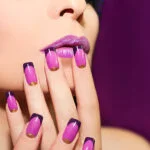
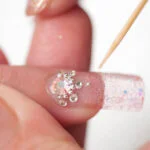
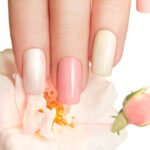
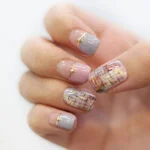
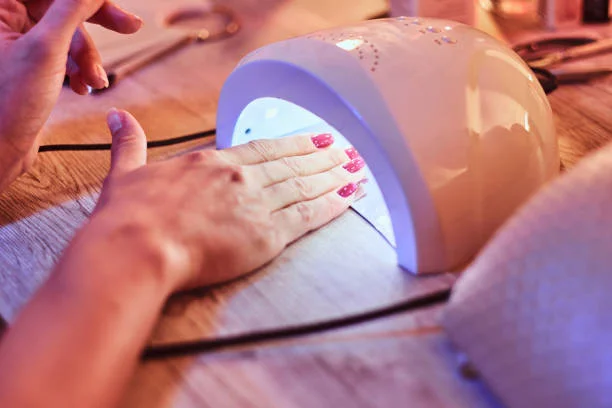

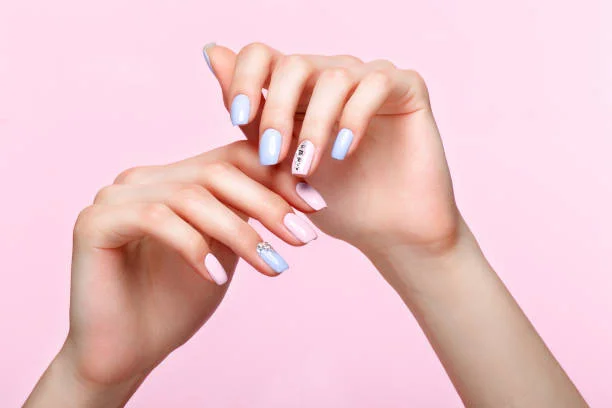
Leave a Reply